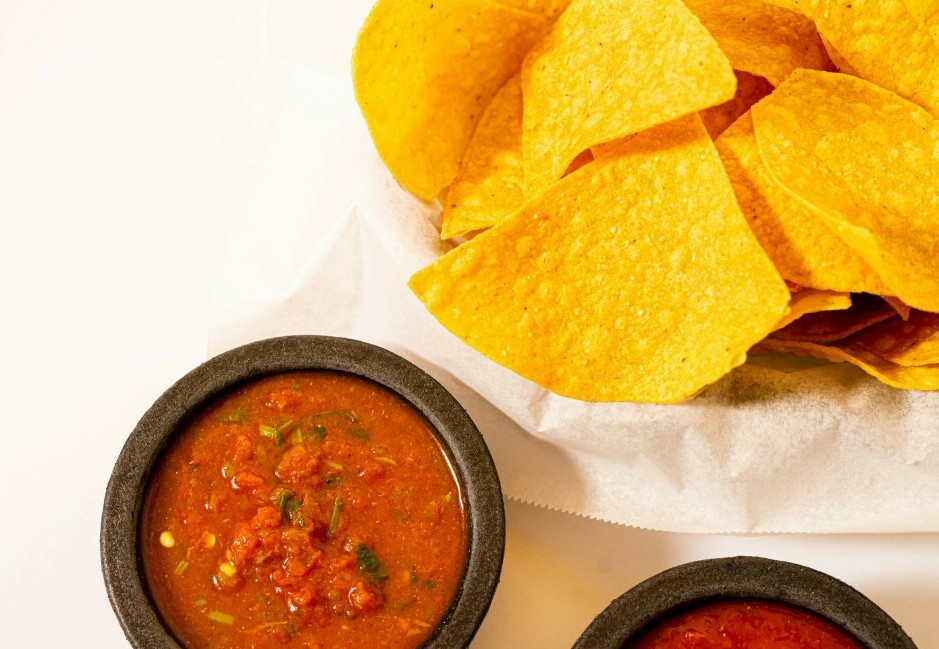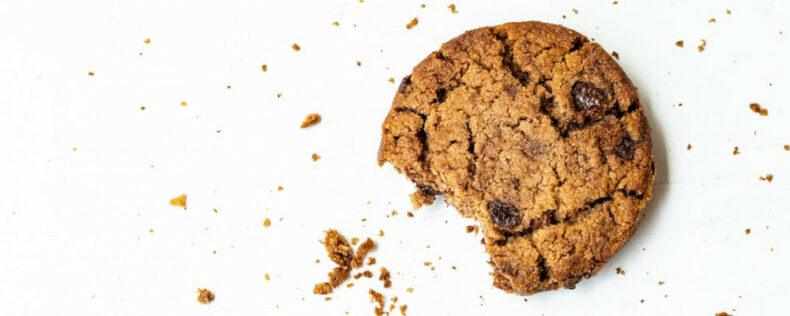When it comes to obstacles that one might normally face when trying to diet, the urge to snack is among the most difficult to overcome. If you’re able to reduce your snacking throughout the day, and ideally stop late-night snacking in particular, your weight loss journey will be a lot smoother.
To start, let’s address this question: why is snacking so bad?
There’s nothing inherently wrong with eating snacks, but the problem is that if you’re trying to sustain a calorie deficit in order to lose weight, the calories from snacks can easily add up to a substantial amount. If you end up mindlessly snacking away, as so many people tend to do, you can very quickly erase any deficit you might’ve had up to that point.
Snacking at night is particularly detrimental. First, late-night snacks tend to be unhealthier, since by then you likely won’t have the time or energy to prepare better alternatives. As a result, you might resort to chips, cookies, and other snacks that are high in calories and don’t have much nutritional value.
Second, you don’t have a chance to burn those extra calories off. If you snack during the day, you might be able to put those calories to use by spending more time at the gym or going for an extra walk in the evening. However, if you’re frequently packing on a bunch of calories right before bed, this is a habit that can easily contribute to weight gain.
Therefore, to help curb your late-night cravings and prevent the undermining of your dieting efforts, I’ve compiled a few tricks that I personally employ to fight these urges when they come about.
Drinking Water
If you get hungry at night, the first tip I have is to drink water. Drinking water can be a great way to fill up your stomach with volume while not contributing any additional calories. It’s an easy hack to help you feel full, even though you haven’t actually eaten anything.
Personally, I find that zero-calorie, carbonated beverages are also especially good for this purpose; sometimes they even work a little too well. I frequently have a can of sparkling water towards the end of the day, and I’m often left still feeling bloated by the time I go to bed.
If I happen to be craving something sweet, I might sometimes opt for a diet coke. Although I don’t recommend drinking too much soda, regular or diet, having a diet soda every now and then is a smarter alternative to sabotaging your diet with candy, ice cream, and other unhealthy sweets.
Chewing Gum

Chewing gum can reduce your urge to snack through a variety of methods. First of all, some studies have shown that just the act of chewing gum can suppress your appetite and make you feel more full. While these findings aren’t conclusive, it’s worth giving a try because it might just work for you.
Even if that doesn’t turn out to be very effective, however, there are other reasons why chewing gum can stave off the urge to snack. If you’re someone who likes to snack simply because you’re bored or have nothing to do, chewing gum can give you something to do and distract you from your cravings. This logic is similar to why some people chew gum to help them quit smoking.
Finally, a very practical reason is that if your mouth is already occupied with chewing gum, it becomes physically impossible to also munch on other food.
Brushing Your Teeth
If it’s getting late in the night, another trick that works surprisingly well for me is brushing my teeth.
From a young age, we’re conditioned to not eat anything after brushing our teeth in order to prevent cavities and avoid going to the dentist. In addition, for most people, brushing their teeth is the last thing they do at night before going to bed.
When you take into account both of these factors, it becomes understandable why you might be less inclined to eat after you’ve already brushed your teeth. Whether you just don’t want to have to brush your teeth again, or it simply feels strange to eat after brushing, you might find this little trick to be quite helpful.
Have a Filling Dinner
Lastly, instead of finding ways to fight your cravings, you can try to prevent them from arising in the first place.
If your dinner consists largely of processed foods that don’t contain much nutritional value or refined carbohydrates like white rice or pasta, which get quickly digested by your body, these foods don’t tend to keep you full for very long. You’ll likely find yourself getting hungry again before you go to bed.
Instead, choose foods that are high in protein, healthy fats, and fiber. These include meat, fish, beans, brown rice, and whole grain pasta. These will keep you satiated for much longer. For the same number of calories, it’ll be a much more filling meal, and you might be able to reduce or even completely eliminate your late-night snacking urges.
Nothing Replaces Hard Work

These are just a few easy tips and tricks that could assist you with easing your snack cravings and maintaining a calorie deficit. However, there could certainly be others that you might find to be more effective, so feel free to think outside of the box and experiment with different approaches.
That being said, it’s important to keep in mind that you can’t just completely rely on any of these stop your snacking habits. If you really want to eat, nothing will be effective at preventing you from doing so. Therefore, the reality is that even with the help of the suggestions above, being able to stick to your diet plan and not let your cravings derail you is still heavily dependent on discipline and self-control.

